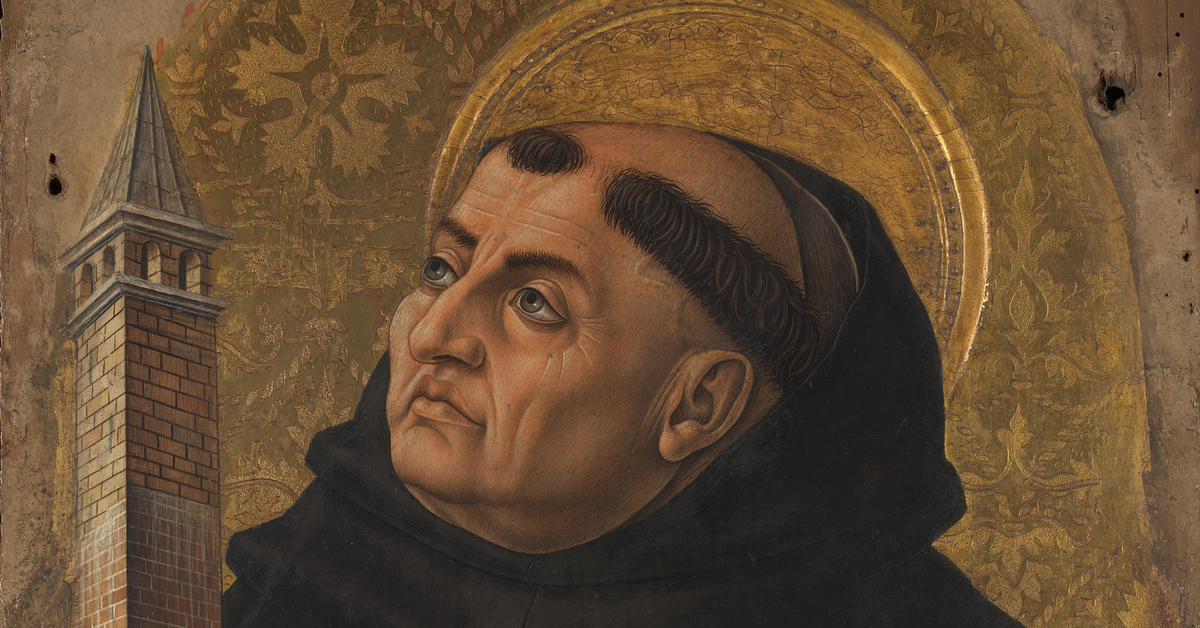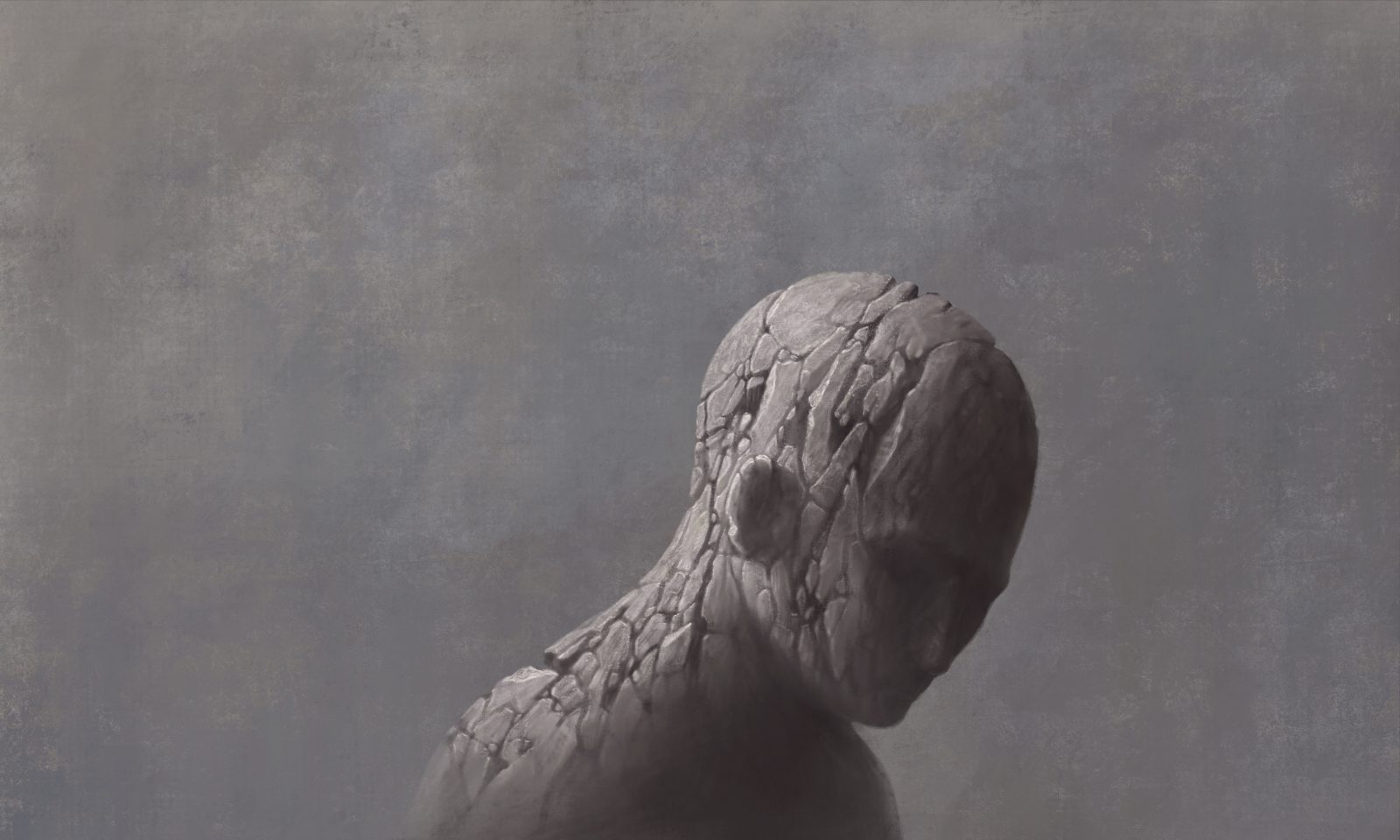
Behe and Ramage Debate, Pt. 2: Evolution, ID, and Aquinas
Today’s ID the Future continues the conversation between Catholic intelligent design biologist Michael Behe and Catholic theologian Matthew Ramage. Both agree that nature points to a cosmic designer, but Ramage says he prefers, on aesthetic grounds, the idea that the biological realm has the capacity, gifted by God, to evolve on its own without the need for intervention by God. Behe notes that people have different aesthetic predilections, but it’s the scientist’s job not to figure out how he would have preferred things to have happened in nature, but to discover how they actually did come about. Behe also says that while the sun, moon, and stars do move according to fixed natural laws, it doesn’t follow from this that the many complex forms we find in biology arose purely through natural laws. The question of how they arose requires scientific investigation. Philosophy for the People Podcast host Pat Flynn leads the discussion, which is reposted here by his permission.


